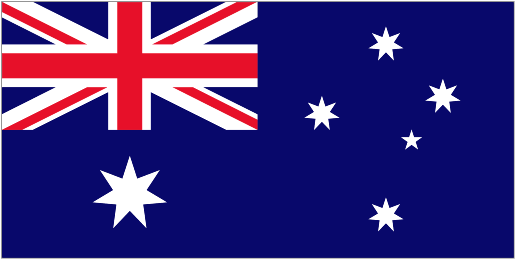
Australia got the ball rolling before 2008 when it booted out the incumbent government in November 2007 and welcomed Kevin Rudd, a Mandarin-speaking former diplomat to China, as the new Prime Minister. The tide of change has not stopped since and democracies, real or otherwise, across the world saw sweeping changes in their governments.
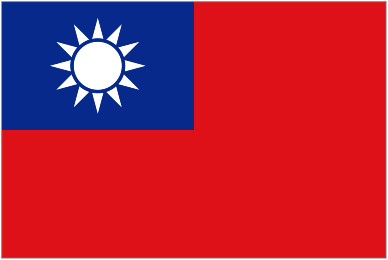
Taiwan was next with the opposition Kuomintang (KMT) coming home to a landslide over the Democratic People's Party (DPP) in the Legislative Yuan, or Assembly, elections, held in January 2008. The DPP, in power since 2000, is led by outgoing President Chan Shui-bian, who has the habit using off-coloured phrases occasionally. The change in government was completed when Ma Ying-jeou of the KMT thrashed Frank Hsieh of the DPP in Presidential elections two months later.
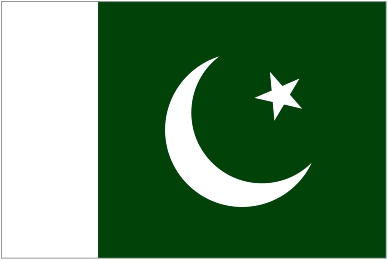
Pakistan took its turn on the political centre stage when, in February, the PMLQ party of President Pevez Musharraf was almost booted out of the legislative body by the Pakistan People's Party (PPP), formerly headed by the recently-assasinated Benazir Bhutto. It's ironic that Musharraf was described by George Bush as his friend and ally because Musharraf came to power through a 1999 military coup and had sacked and jailed most of the independent judiciary in Pakistan, especially after the former Chief Justice Iftikhar Chaudhry declared the continued Presidency of Musharraf unconstitutional. Well, the good news is that Chaudhry has been freed and reinstatement is pending approval by the PPP government.
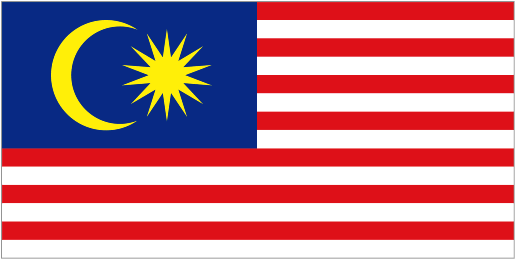
Political action then moved to Malaysia, where the seemingly strong National Front government of Abdullah Badawi was embarrased by a hotch-potch of small opposition parties, independents and a political blogger, which not only denied the NF a two-thirds majority in the federal legislative, Dewan Rakyat, (Lower House of Parliament) for the first time since independence in 1957, but also grabbed 5 State governments out of 12. Abdullah's position in his own party is under severe scrutiny. With internal party elections coming up later this year, there is an ever-growing call for his blood. However the most anticipated outcome of this watershed election is the return of former Deputy Prime Minister, Anwar Ibrahim, who was arbitrarily removed from power and jailed after a very pubic spat with former PM Mahathir over the handling of the 1997 Asian financial crisis. In fact, this election was called early because Anwar remained ineligible to contest for a certain period of time after release from jail. Anwar's wife has said she will step down from her seat in parliament to create a by-election for Anwar after he becomes eligible to contest.
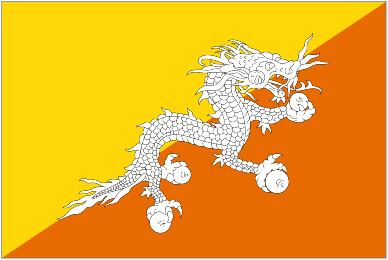
From the hot and humid tropics, the world's attention turned to the isolated Himalayan Kingdom of Bhutan, the land of the Thunder Dragon. The King of Bhutan called for a change from absolute monarchy to democracy. This despite having the respect and admiration of most Bhutanese. Sometimes one really wonders if this really is the benevolent ruler found only in fiction. This is the very same king who imposed a total smoking ban in the country. And he ordered the statisticians to measure the progress of the people in terms of a "happiness index" instead of per capita income, GDP or other traditional methods of economic progress. Shangri-La, anyone?
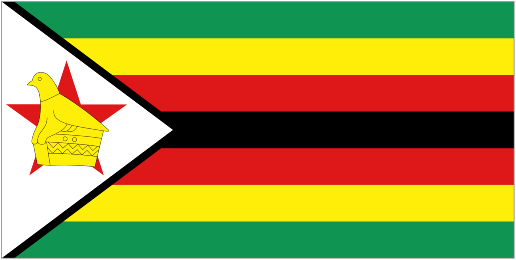
Zimbabwe came up for the electoral process next on 29 March. Unfortunately, Robert Mugabe, the incumbent president, and his Zimbabwe African National Union - Patriotic Front government (Zanu-PF), in power since independence in 1980, has decided not to release the results of elections. As of the time of this writing, Zimbabweans are still awaiting official results to the legislative and presidential offices. Informal results collated by the oppostion Movement for Democractic Change (MDC) has indicated opposition wins in both. The police authority, no doubt controlled closely by Zanu-PF, has physically stopped MDC lawyers from going to the courts to petition for the release of official results. One can only wonder how long more Mugabe and his party wish to hang on to power.
Up next? South Korea, Nepal, Italy, Serbia, Cambodia, New Zealand and the big one - the United States, where the Most Powerful Person in the World could be a black or a woman.

Source: www.orstudents.org
Source of all flag images: www.flags.net
For once, the action-packed news does not involve men chasing or hitting a ball, running around a rubber mat, pounding one another to bits, driving noisy, climate-changing cars at 300mph or trying to grab some stupid flame torch making its way around the world.
Oh, and to dictators around thew world, I hope you sleep well tonight...
No comments:
Post a Comment